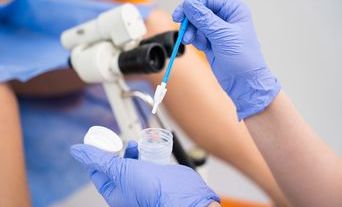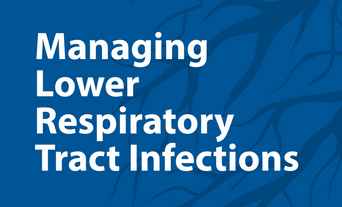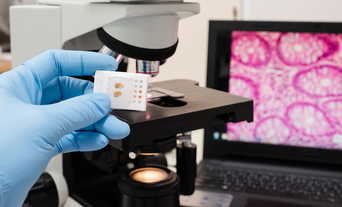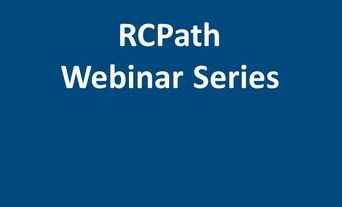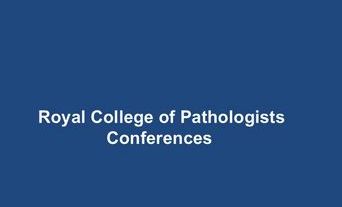Overview
This webinar will focus on the identification and characterisation of hazards, identified for drugs in development, in preparation for ‘first in man’ clinical trials. Toxicity studies, of varying durations, in laboratory animal species, are required by government, drug regulatory, agencies worldwide, and are intended to characterise the hazards inherent in dosing small molecule chemical entities to biological systems, the dose response for these hazards, and the ‘dose limiting’ toxicity that could potentially occur when the same drugs are given to humans in clinical trials. Currently, only these animal studies can be used to assess the potential safety of dosing the same entity into humans. The results of these safety studies, together with other data, including the efficacy of the drug for the proposed therapeutic disease, are presented in a prescribed way, for review by regulatory agencies and the results will provide the basis for a decision as to the applicability of the drug for further development, including initial tolerability studies in humans.
In a practical sense, the output from the toxicity studies will typically generate a high dose level, where unacceptable and clearly adverse changes occur, a low dose level where changes will also occur, but which will not be considered adverse, and intermediate doses where any decision, as to whether observed changes are adverse or not, lies in a twilight zone where any decision is open to considerable debate. The dose level at which the non-adverse changes occur is referred to as the ‘no observed adverse effect level’ (NOAEL) from which the human equivalent dose (HED) will be calculated as the proposed starting dose for the subsequent human study. Hence the importance of defining a precise NOAEL to avoid protracted, and consequentially unnecessarily expensive, human trials. The laboratory animal studies will also identify the affected organ/tissue and the severity and type of toxicity occurring at the NOAEL. These additional variables are considered, together with the availability of safety biomarkers for detecting similar human toxicity, when approving the clinical starting dose level. Tissues for which safety/toxicity biomarkers are not available, or where irreversible, drug-induced, changes of high severity have been identified, may preclude approval of a proposed starting dose in the human trial.
Pathology end points constitute the most common contribution used to set NOAELs in toxicity studies, and the current presentation will illustrate the difficulties of assigning adversity using case examples, and will finally propose a set of rules that practicing toxicologists and pathologists can use to justify assigning a particular change as non-adverse and a subsequent dose level as a NOAEL.
This event will take place at 12:30pm and last approximately 1 hour.
CPD
This meeting is worth 1 CPD point (self credited).



